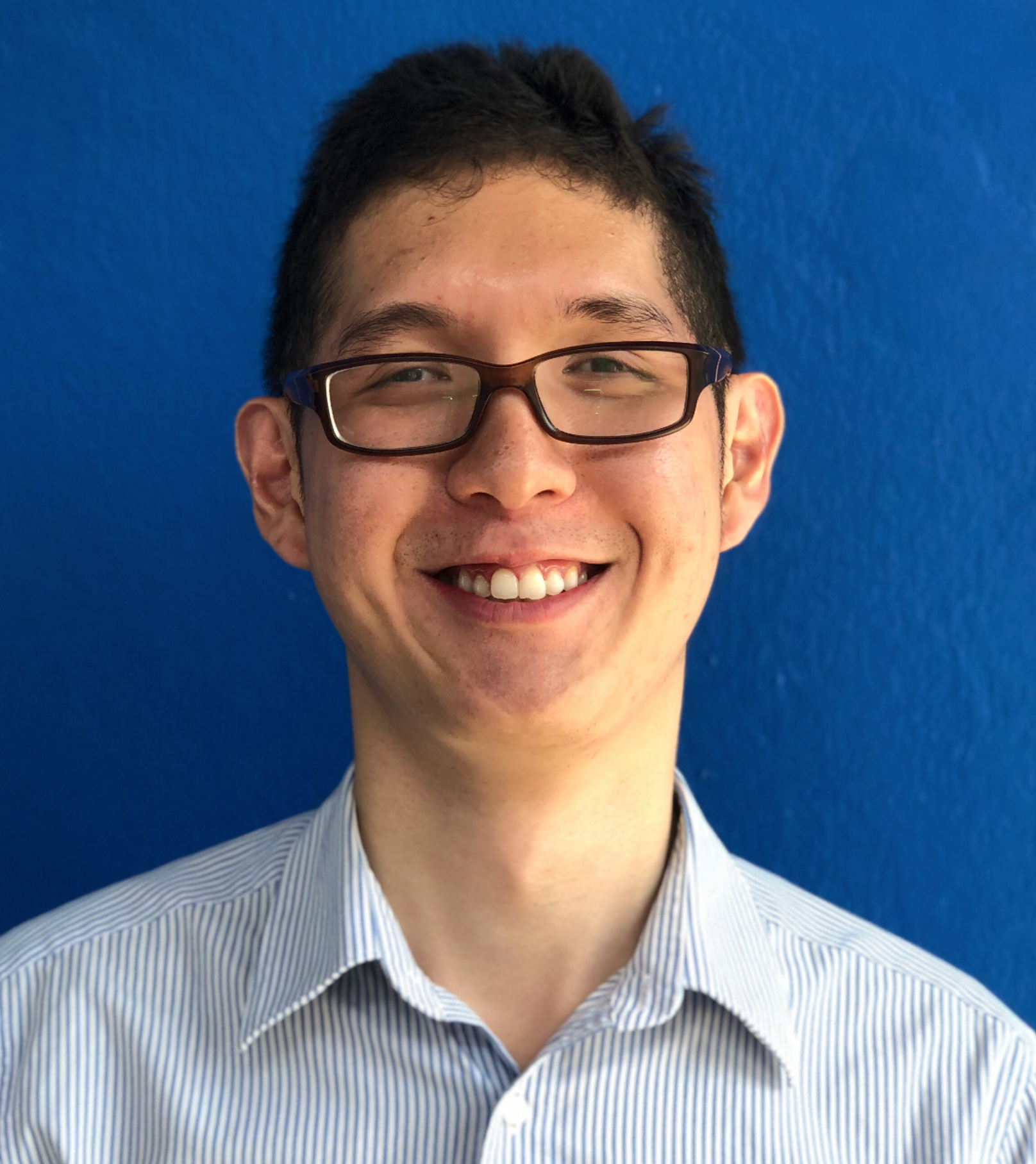Why GaTech’s OMSA?
As I mentioned in my previous blog post, after doing considerable research, I am convinced that having a quantitative graduate degree is a prerequisite to landing good data science-related positions. This is especially true in Singapore, where most hiring managers attach a great deal of importance to pedigrees.
With this conviction, I began looking for a suitable master’s degree. In my search, I have four main considerations:
-
Online delivery
I knew from the start that I was only going to consider online master’s program. As an adult with financial obligations, I do not have the luxury to forgo constant earning by taking a couple of years off to pursue a full time master’s program. In addition, I really enjoyed the liberty and flexibility afforded by an online program. I can watch lessons anywhere and anytime I want, and this feels really liberating compared to having to attend physical lectures. -
Affordable price
Another consideration that I have is the price tag associated with the program. I was certainly not looking to spend close to a hundred thousand bucks on a master’s degree, which is the ballpark for most top-rated in-person programs. Luckily, most online offerings are usually far cheaper than the in-person counterparts. -
Good academic quality
This point is self explanatory. The principal reason behind me getting another degree is to master the craft of data science, and in pursuing this goal, the quality of instruction, the method of delivery and strength of community support all play an important part. -
Good reputation
My exploration of data scientist-related job postings indicate that the data science field has an elitist streak. Many job postings, especially here in Singapore, require that applicants obtain their degrees from top universities. This requirement is understandable; hiring managers know that data science task is not easy and hiring a graduate of a top program is a safer bet than hiring one with less recognizable degree.
It turns out that there aren’t too many programs that meet all the four requirements set out above. The four that I was seriously considering were UIUC’s Master’s in Computer Science, John Hopkins’ Master’s in Government Analytics, Berkeley’s Master’s in Data Science and GaTech’s Online Master’s in Analytics (OMSA). They are all offered online.
After some thoughts, I finally decided to go for GaTech’s OMSA, as the program fits nicely with all of my requirements above. Firstly, it is 100% online. The program is delivered through EdX, a platform that I was already familiar with. Secondly, OMSA is by far the most affordable programs I came across; the whole degree costs less than US$10,000. Further reduction to this already affordable price tag is possible by taking GaTech’s Micromaster courses, whose per-unit cost is even less and whose credits can be counted towards OMSA’s graduation requirement. Thirdly, I have faith in the overall quality of the degree. Prior to applying, I have completed two OMSA courses (ISYE6501 and MGT6203), both which are publicly available through EdX. I really enjoyed ISYE6501 (MGT6203, unfortunately, had some serious flaws) and I believed that other OMSA courses have the same calibre as ISYE6501 (I wrote a review of both ISYE6501 and MGT6203). Lastly, GaTech is one of the most well reputable technical universities in the United States. Although GaTech does not enjoy the same recognition in Singapore, I am sure most people in Singapore’s tech community are aware of the university and its rigor.
On 13 August 2018, I submitted my application. My stats at the moment of application were as follows:
- Education: B.Sc in Chemistry, Nanyang Technological University; M.Sc. in Chemistry, National University of Singapore and Technical University of Munich (joint degree). For both degrees, I obtained final GPAs of more than 4.70 out of 5.00.
- Test Scores: I had done GMAT before with a decent score, but since the program doesn't require any standardized tests, I decided to save some money by not sending my test result. In addition, I am a Singapore citizen, so English tests such as TOEFL or IELTS were not required of me.
- Work experience: 5 years in total in various industries, including the technical consulting industry and the due diligence industry. Although I had experience building dashboards in Tableau and Google Sheet, most of my work is non-analytics in nature.
- Computing experience: I have some proficiency in R as I have taken ISYE6501 and MGT6203 and scored 92% in both. I was also somewhat familiar with Python from the MIT course I took. However, I did not have any real-world experience to speak about.
- Recommendations: I received three recommendations – from the CEO of my current company, a senior colleague and my former chemistry professor with whom I did my undergraduate thesis. Since I'd worked closely and maintained good relationship with all of them, I was confident with the quality of their recommendations.
After submitting the application, I spent the next month anxiously checking my inbox everyday, waiting for the admission result. I also visited OMSA’s subreddit daily. In this subreddit, many hopeful applicants posted their stats; some applicants from previous cycles also posted the results of their application alongside their stats. This allowed me to compare myself with others. I noticed that the majority of people who were admitted had graduated from well known schools, had demonstrable professional experience in analytics and had done OMSA’s Micromasters. However, I did see a handful of successful applicants without much prior analytics knowledge/experience. Seeing this certainly gave me a relief, as I myself did not have too much experience to speak about.
After an anxiety-filled month, on 26 September 2018, I received the long awaited email from OMSA admission committee. I was elated to know that I was admitted to the program! Looking back, I believe that my decent undergraduate and graduate GPAs, strong recommendation letters as well as my solid performance in two Micromaster courses made a big difference.

Leave a comment